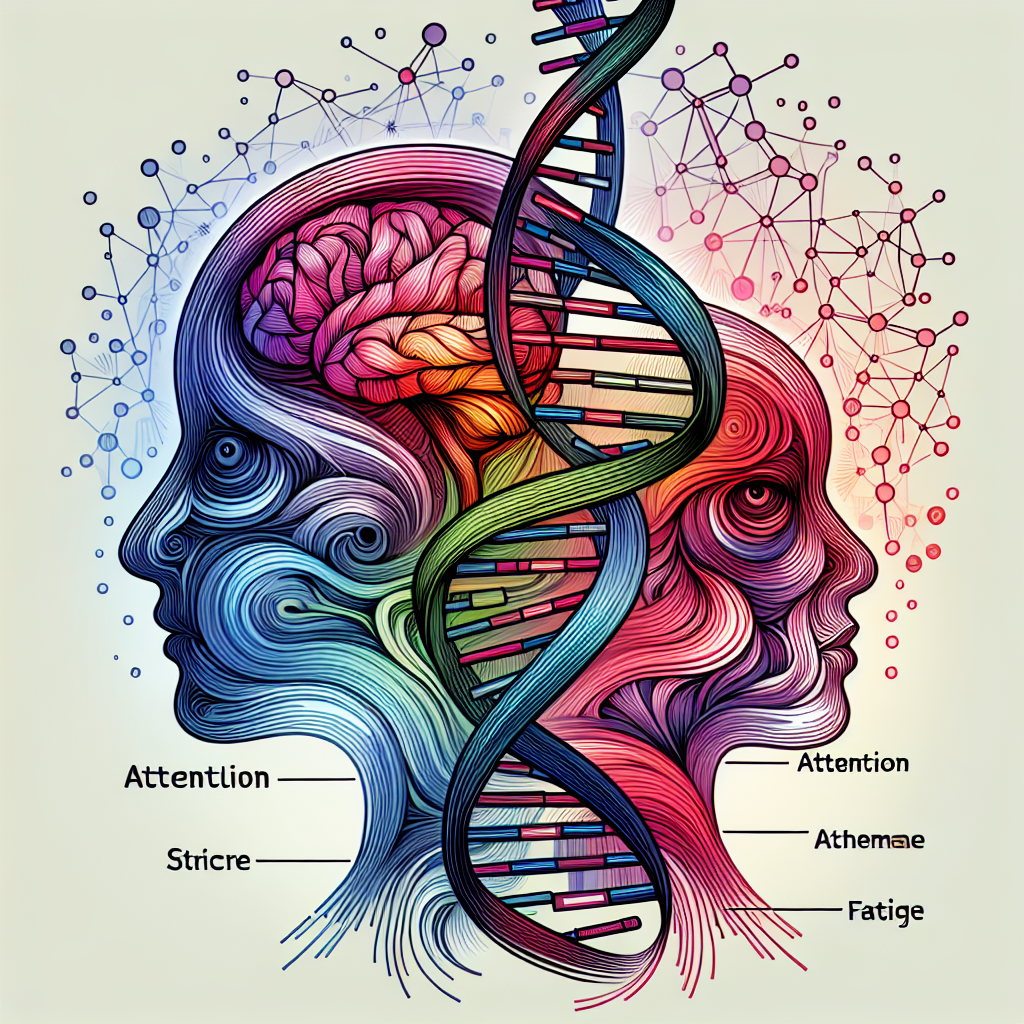— Introduction “Peek-a-boo!” “Simon says!” “Hide and seek!” These are not just games but fundamental building blocks of the cultural mosaic that shapes us. Ever wondered how children, with their curious minds, manage to absorb so much about the world without a manual or an online guide? It turns out that the secret may lie […]
Tag: Cognitive psychology

Childhood Attention: Unlocking the Hidden Keys to Learning Success
Introduction Imagine a classroom filled with eager young minds, each student with the potential to shape our future. Yet, amidst this sea of potential, there lies an invisible force that influences how each child interprets, understands, and excels in their learning environment: their attentional performance. For years, educators and psychologists have pondered the role of […]

The Brain’s Hidden Blueprint: Understanding Fear Through Unseen Signals
Introduction: The Invisible Wires of the Mind Imagine walking down a crowded street, seemingly focused on a phone call or a mental to-do list, when suddenly you feel a chill or a flutter of anxiety. Was it something you subconsciously noticed—a face in the crowd or a pair of eyes that lingered too long? As […]

Transcending Boundaries: Mind-Body Healing in a Virtual World
Introduction Imagine a world where therapy and stress relief don’t require you to leave your home, where healing can occur in a space that transcends geographical boundaries. The idea seems almost futuristic, but this vision is closer to reality than one might think. In the research paper titled ‘The Feasibility and Impact of Delivering a […]
Decoding the Attentional Blink: Speed’s Dual Role in Distraction
Introduction Imagine trying to juggle multiple thoughts at once as emails flood your inbox. You might open one, address it partially, only to see your attention flit to the next, your mind blinking and struggling to focus due to sheer overload. This phenomenon, in essence, is similar to what’s called the attentional blink in cognitive […]

Distracted Minds: Unraveling the Enigma of ADHD and Stimuli
Introduction Imagine walking through a bustling cityscape, where every honking horn, flashing billboard, and buzz of conversation feels equally demanding of your attention. For many of us, tuning out these distractions is a conscious task we navigate with ease. However, for adults with Attention-Deficit-Hyperactivity Disorder (ADHD), this scenario isn’t just a passing difficulty—it’s a constant […]

Visual Puzzles: New Insights from Autism Spectrum Disorders
— Introduction: Peering Through the Temporal Window Imagine trying to view the world as a series of events that must be perfectly sequenced. Each blink, nod, and spoken word becomes integral to comprehending the bigger picture. This is the realm of Enhanced Visual Temporal Resolution in Autism Spectrum Disorders. This research paper explores the idea […]

When the Mind Dances: How Watching Dance Moves Us Without Moving
Introduction Imagine you’re watching a captivating ballet performance. The dancers leap across the stage with grace, their bodies telling a story through each step and turn. While you sit comfortably in your seat, it turns out your brain might be more active than you realize. This intriguing phenomenon is the focus of a recent research […]

The Dopamine Effect: How Genetic Variations Shape Our Attention and Fatigue
— Introduction Picture this: you’ve embarked on a long car trip, and the road seems endless. Initially, you’re alert, hands gripping the steering wheel as you listen to music. But as the hours tick by, a noticeable lull sets in. Your eyes droop, and the need to maintain focus becomes a challenge. The phenomenon you’re […]

When Memory Meets Mystery: Unveiling the Truth Behind Failed Replications
Introduction: The Mind’s Mysterious Maze Imagine a world where your future actions could alter your past experiences—where memories could be influenced by events yet to occur. This intriguing possibility was suggested by Daryl Bem’s research, titled ‘Retroactive Facilitation of Recall’, which sparked curiosity and skepticism in equal measure. In essence, Bem’s work proposed that our […]
